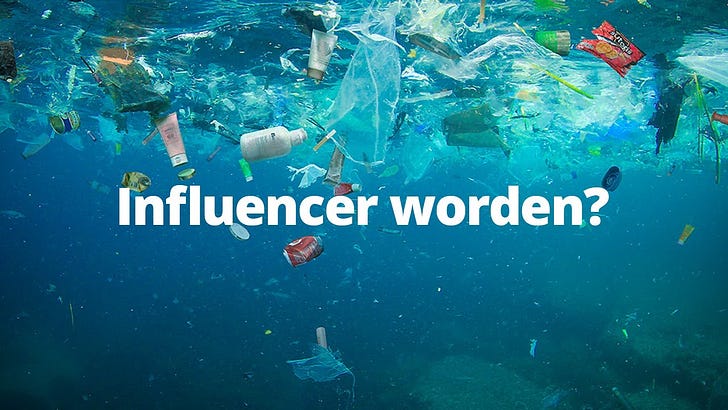Sustainability at the heart of higher education curriculum
Seems straightforward, but what does it really mean?
In 2022, Radboud University launched it’s “you are needed” campaign, which aligned with the implementation of a university policy to integrate sustainability across all departments at the university. Sustainability, it appeared, was not just something for the environmental science departments, but something that should be core to thinking about all fields of learning like computer science, law, and business management.
Integrating sustainability thinking into increasingly more facets of education may appear simple, but implementing this vision raises important questions about the role of education in society. In effect, the “you are needed campaign” suggests that how people are educated is not an apolitical act and that we should be thinking about what world we are educating students for. Somewhat less explicitly, the goal to incorporate sustainability into the heart of the education system suggests that the old way of doing education is unsustainable or at least contributes to an unsustainable world.
Predictably, the campaign provoked some heated, if familiar responses: The university is supposed to prepare students to find objective truth through clever methods correct? Won’t the university’s legitimacy will be threatened if it appears to present a set of values that the students should embrace? Isn’t this “ideological indoctrination?”
Of course the counter response is one that comes from a clearheaded view towards the nature of education and epistemology. Decisions of what we choose to teach, how we choose to fund it, the nature of the curriculum— none of these can escape being influenced by history, present day values, and a vision of the future. Why not confront these values directly and allow students to be aware of the sea of values-driven dilemmas in which we all face? In this sense, a future oriented educational vision gives students more freedom.
But navigating this new terrain requires hard conceptual work. If we want to use the concept of sustainability to bring people together, we must have a democratically oriented debate about what that means for our education and research agendas. Sustainability Dispatch is here to support that reflective work.
Follow the Sustainability Dispatch for:
In person and remote seminar announcements on interdisciplinary sustainability issues hosted by the RCSC at Radboud University;
Summaries, breakdowns, and recordings of presentations on sustainability issues;
Guest commentary from professionals trying to implement sustainability thinking into the core of higher education;
Collections of grant and job opportunities related to the field of sustainability;
Manifestos, blogs, and reports on the future of sustainability thinking.



